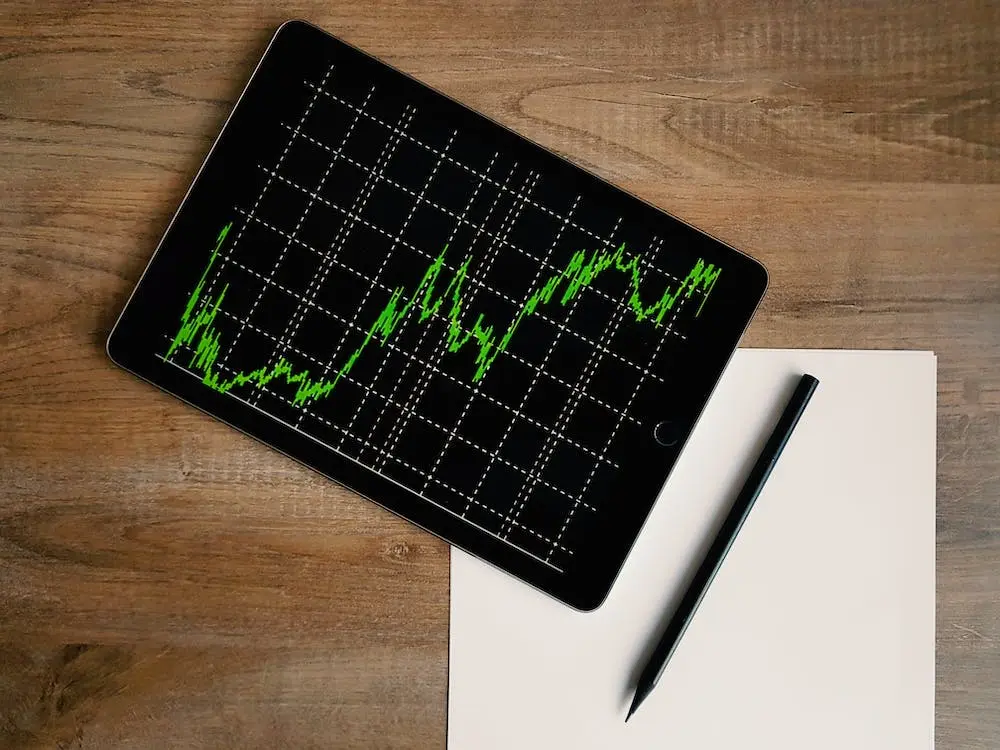Choosing the right trading broker is a crucial decision for any aspiring or seasoned trader. The broker you select can significantly impact your trading experience, including your profitability, security, and overall satisfaction. With countless options available in today’s market, it’s essential to know how to compare trading brokers effectively and find the best fit for your unique needs and goals.
Define Your Trading Goals and Needs
Before you begin comparing trading brokers, for example, with the help of a helpful resource, it’s essential to define your trading goals and needs. Different traders have varying objectives, risk tolerances, and preferences. Here are some questions to consider:
- What are your financial goals? Are you looking to make short-term profits, build a long-term investment portfolio, or diversify your assets?
- What is your risk tolerance? Are you comfortable with high-risk, high-reward strategies, or do you prefer lower-risk, more conservative approaches?
- What type of assets do you want to trade? Are you interested in stocks, bonds, forex, cryptocurrencies, or commodities?
- What is your level of experience? Are you a beginner looking for user-friendly platforms and educational resources, or are you an experienced trader seeking advanced tools and features?
- What is your budget for trading? How much can you afford to invest, and what are your expectations for trading costs, such as commissions and spreads?
By answering these questions, you’ll have a clearer understanding of your specific requirements, making it easier to narrow down your choices.
Research and Compare Broker Features
Once you’ve established your goals and needs, it’s time to research and compare broker features. Here are some critical factors to consider:
1. Regulation and Security
Your first priority should be the safety of your funds. Make sure that a reputable financial authority in your nation or region regulates the broker. Regulatory bodies like the U.S. Securities and Exchange Commission (SEC) or the Financial Conduct Authority (FCA) in the UK enforce strict standards to protect traders.
Additionally, assess the broker’s security measures, including encryption protocols and fund segregation, to safeguard your assets from cyber threats and potential financial mishaps.
2. Trading Platforms
Evaluate the trading platforms offered by brokers. A user-friendly and efficient platform can enhance your trading experience. Consider factors like platform stability, speed, mobile accessibility, and the availability of advanced charting tools and technical indicators.
3. Asset Selection
Ensure the broker provides access to the assets you want to trade. If you’re interested in a particular asset class or instrument, verify that it’s available on their platform. Some brokers specialize in specific asset classes, so choose one that aligns with your trading interests.
4. Trading Costs
Compare trading costs, including spreads, commissions, and overnight financing rates (swap rates). Lower costs can significantly impact your profitability, especially if you’re a high-frequency trader.
5. Customer Support
Accessible and responsive customer support is crucial, especially when you encounter issues or have questions. Test the broker’s support channels, such as live chat, email, and phone support, to ensure they meet your expectations.
6. Education and Research Tools
If you’re a beginner or looking to improve your skills, access to educational resources and research tools is essential. Brokers offering webinars, tutorials, market analysis, and trading signals can help you make informed decisions.
7. Account Types
Examine the different account types offered by the broker. Some brokers provide accounts tailored to beginners, while others offer advanced accounts with specific features. Choose the one that aligns with your experience and objectives.
8. Leverage and Margin
Consider the leverage and margin options available. While leverage can amplify your potential profits, it also increases your risk. Make sure you understand the risks associated with leverage and use it wisely.

Read Reviews and Seek Recommendations
Once you’ve compiled a list of potential brokers, read reviews and seek recommendations from other traders. Online forums, social media groups, and trading communities can be valuable sources of information. Pay attention to both positive and negative feedback to get a well-rounded perspective on each broker’s strengths and weaknesses.
However, be cautious of overly biased or sponsored reviews. Always cross-reference information from multiple sources to ensure accuracy.
Test with a Demo Account
Before committing real capital, consider testing the broker’s platform and services with a demo account. Most brokers offer free demo accounts that allow you to practice trading with virtual funds. This is an excellent way to evaluate the platform’s usability, test your strategies, and assess the broker’s execution speed without risking your money.
Evaluate Deposits and Withdrawals
Review the broker’s deposit and withdrawal options. Ensure they offer convenient and secure methods for funding your account and withdrawing profits. Be aware of any fees associated with deposits or withdrawals, as these can affect your overall trading costs.
Conclusion
Choosing the right trading broker is a crucial step on your journey to financial success. By defining your trading goals, researching and comparing broker features, and seeking recommendations from other traders, you can make an informed decision that aligns with your unique needs and objectives.
Remember that trading is inherently risky, and no broker can guarantee profits. However, a reliable and suitable broker can provide you with the tools and support you need to navigate the financial markets successfully. Take your time, do your due diligence, and choose a trading broker that helps you achieve your trading goals.



